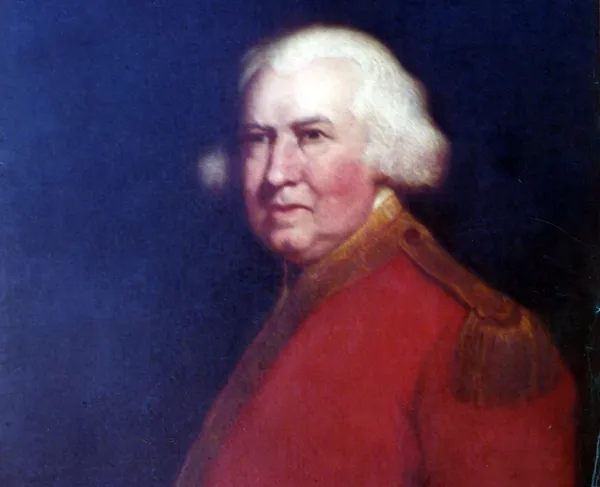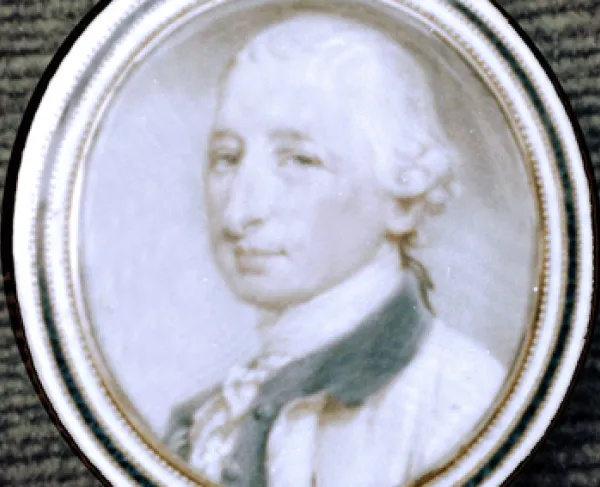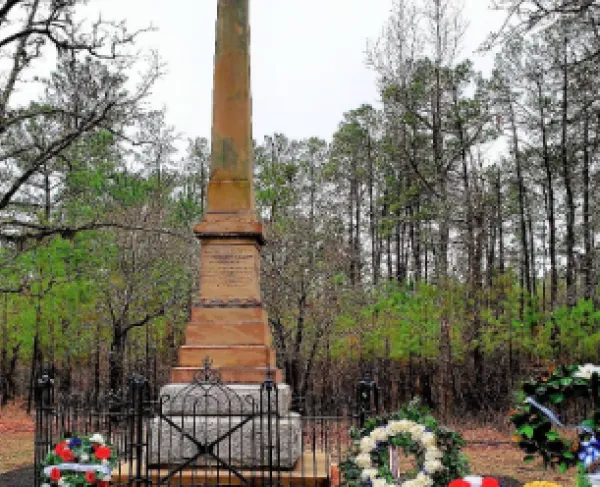James Grant

James Grant served as a Major General during the American Revolution, serving as a key tactical advisor to General William Howe. Grant was a veteran of the French and Indian War seeing combat at the British failed attempt to take Fort Duquesne in 1758. He blamed his failure on the colonial militiamen which made up his contingent. During the attack, he was captured but eventually paroled. From 1763-1771 he served as the British governor of East Florida. In 1773, he was elected to Parliament where he became a strident anti-American voice famously arguing that Americans “could not fight…” and that “he could march from one end of America to the other and geld all the males.”
During the New York Campaign of 1776, Grant served General William Howe as his chief tactician. His troops saw significant action at the Battle of Brooklyn engaging and the Continental Army on George Washington’s right flank. According to the battle plan he halted to wait for Howe to deliver the main blow behind American lines, but in the lull many Continental’s escaped his vice grip. Grant was chastised for his action, but claimed he was following the battle plan which he had helped to draft. A year later, in 1777, Grant developed Howe’s battle plan for the Battle of Brandywine, where the British routed the American army resulting in the capture of the Patriot capital, Philadelphia.
Shortly after the Continental Army broke camp at Valley Forge, Grant engaged troops led by the Marquis de’ Lafayette at the Battle of Barren Hill, Pennsylvania on May 20, 1778. Once again holding his troops back as proscribed by the battle plan, Lafayette and his men eluded the British.
For the remainder of the war he served in the Caribbean where he oversaw the British garrisons posted on various islands. After the war, he returned to his home in Scotland where he was once again elected to Parliament. In 1806 he died on his estate in Scotland, but not before retiring from the British Army in 1805.
Related Battles
2,000
388





